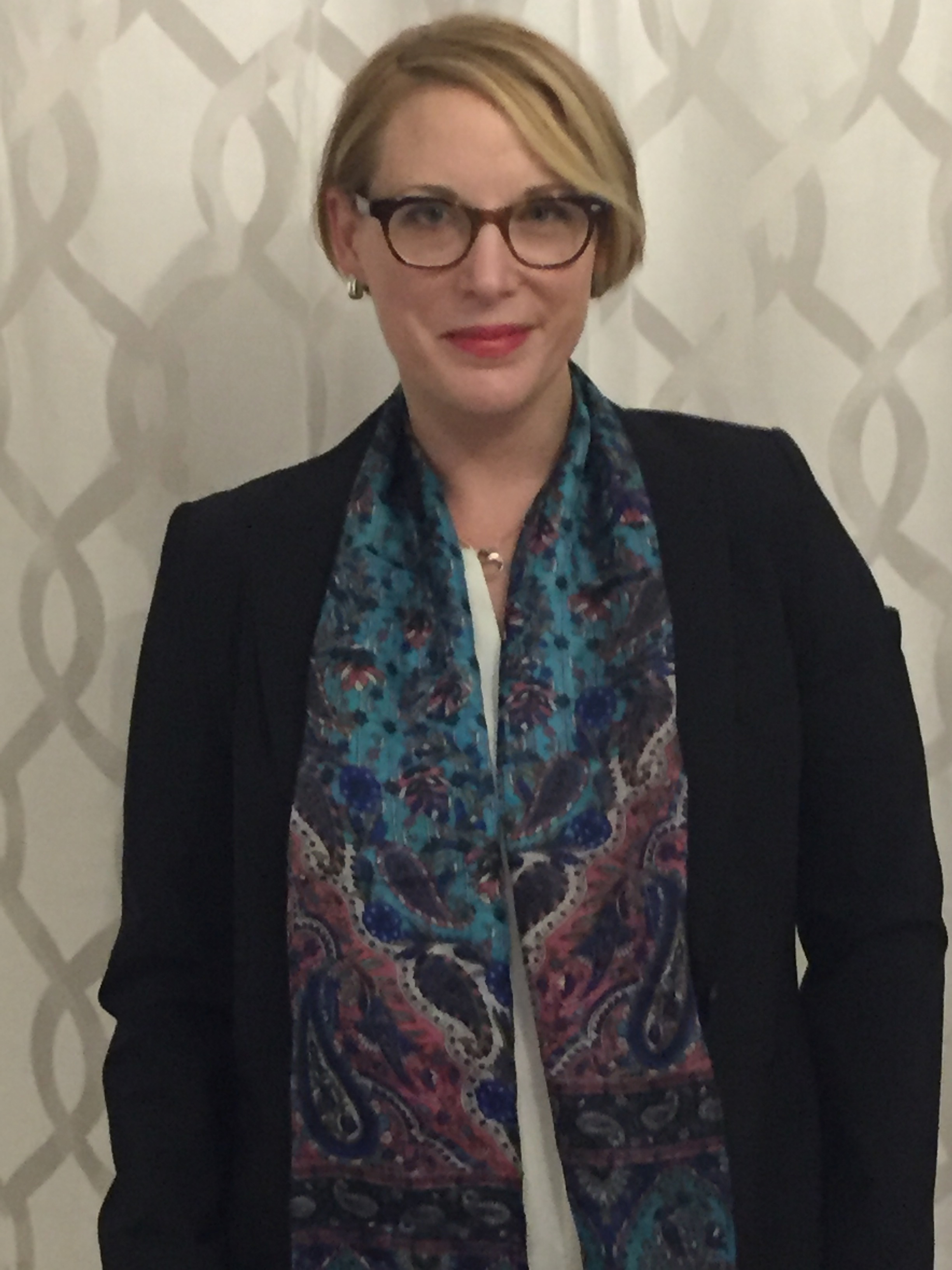Dr. Fiona MacDonald is an associate professor in political science at UFV. She previously worked as an assistant professor in Canadian politics at the University of Manitoba.
Dr. MacDonald completed her PhD at UBC, where she wrote her dissertation on Indigenous child welfare reform. Her research and writing interests include Indigenous child welfare and feminism.
Could you tell me a little bit about your background and how you got into political science?
I first went to university in my hometown at Brandon University. I took political science in my first year thinking I might go into journalism, but I ended up majoring in political science.
I did my Bachelor of Social Work; that was in Calgary. I worked in the field for a few years, mainly in a couple of battered women shelters and I worked in child welfare in Alberta. Those experiences really led me to want to go back to school. I found the experiences in the women’s shelters really valuable, but there wasn’t any role for me there to look at some of the larger questions that I had as I worked in various systems with people. So I decided to apply to graduate school.
When I got into SFU, they offered me a TA-ship. I decided it was a good time to have a change in my life, so I packed up my bags and came here — I had never been to Vancouver. I started my master’s program at SFU, and I really fell in love with being able to study important questions about social justice and to be surrounded by people who were also interested in those kinds of questions. Ultimately, I went to UBC for my PhD, where everything sort of came together in that degree. My PhD dissertation was heavily focused on child welfare, particularly Indigenous child welfare reform, and a strong critique of government activity in relation to child welfare reform.
What was the main finding from your dissertation?
I found that with a lot of the shifts that were happening around Indigenous governance — particularly around the child welfare — numerous Canadian governments, particularly the Manitoba government, were drawing on demands for more Indigenous control to basically offload some very difficult policy files. My finding was that this offloading was more a shift in the appearance of accountability rather than meaningful autonomy for Indigenous nations and communities.
So you were critical of how they were doing it?
Yes, I was critical of the various ways Canadian governments were choosing to offload child welfare responsibility. My feeling more and more is that we should not understand child welfare as a separate policy file, and that it is impossible to understand the complexities of child welfare, particularly Indigenous child welfare, apart from other important aspects of justice like housing, land, and health care.
Indigenous mothers experience high rates of state intervention. We know that there is often extensive child welfare involvement early on. We have not given enough space to hear from Indigenous women, Indigenous mothers, and Indigenous families about what their experiences are. Canadian governments need to be more accountable for those experiences.
What is some current work you are doing?
As it happens, I have been in touch with the Fraser Region Aboriginal Friendship Centre, which is based out of Surrey. I was talking to them originally about a research project on medical error, and subsequently found that they were particularly interested in research that would help to capture, document, reinforce, and amplify the experience of Indigenous women in Surrey who have often been overlooked.
So I partnered with Dr. Elizabeth Cooper, a post-doc here in health science. She and I are working on a project that is going to start in a few weeks with the Aboriginal Friendship Centre, working with a program that is already put in place called Life Givers. Elizabeth and I, with a couple of students from UFV, are going to be doing a six-week program with expecting Indigenous mothers from the Surrey region. We are going to be working to hear their experiences and we are going to be doing various art projects to capture those experiences from a strength-based approach. We are going to be doing some photovoice projects we hope will be valuable in a number of ways, including community building with those women in the program, but also educating those who are in health care, those who are in child welfare, and those who are in government. We are going to capture those strength-based perspectives from the participants and get those experiences into the eyeline, in the space of those decision makers. That’s a new collaboration that I am really excited about.
The research in general tells us that the most important thing is support and belonging — for people to have a community where they find connection and acceptance. We all need some unconditional support, and a way to find meaning in our everyday life.
What would you say about the current political climate?
It is a really exciting time, in terms of the ways in which many people are mobilizing around issues of justice. I also think it is a turbulent time, in terms of understanding who we are as Canadians, what our priorities are, and how we are going to interpret Canadian values in the future … Young people are engaged politically. We are going to see in this next election who we are going to be as Canadians. What we are going to encourage and support is going to tell us a lot about who we are, and what we are as a society.
Image: UFV


